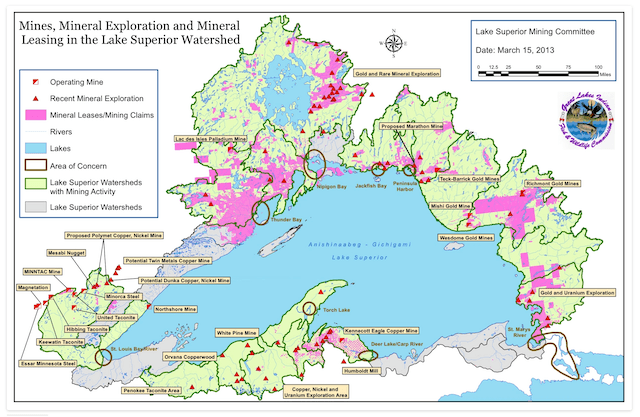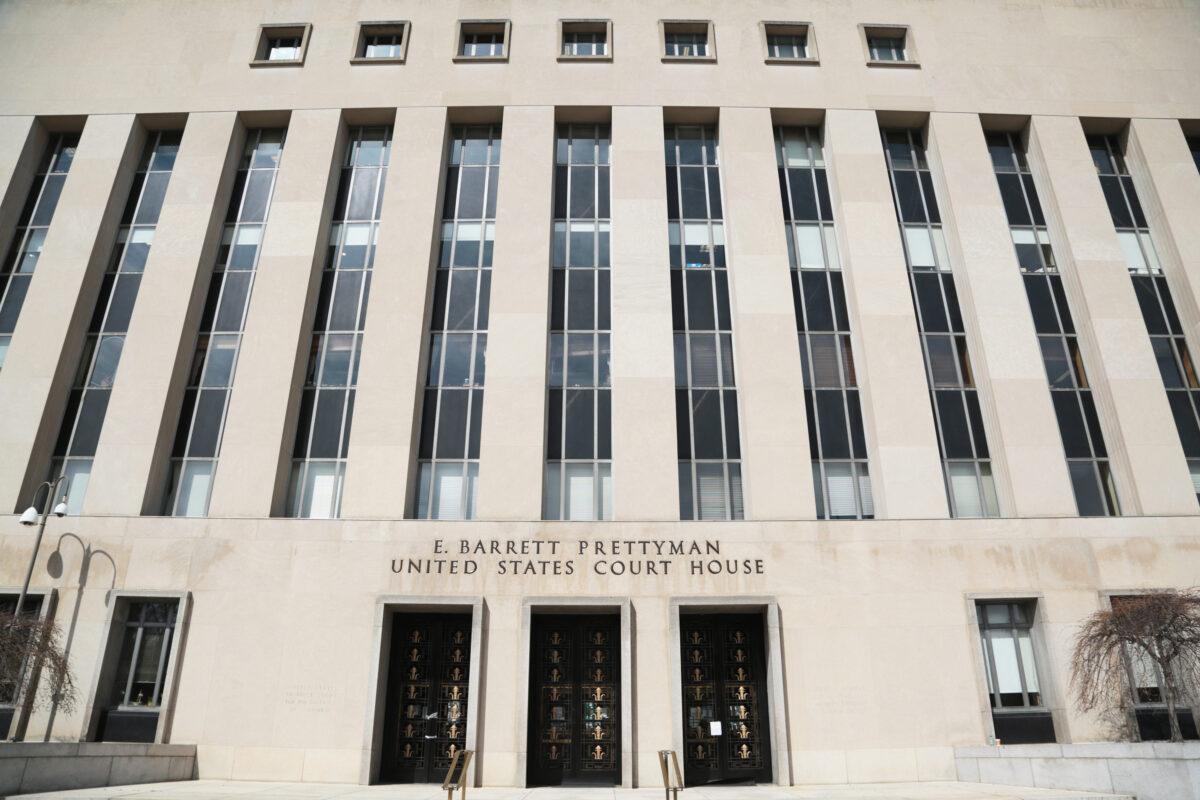Minnesota Copper-Nickel Mine’s Prospects Revive as Trump May Return to the White House
The $1.7 billion project by Twin Metals near a wilderness region is set to move forward, although it may require more than a simple directive following Trump’s inauguration.
A highly contested proposal for copper-nickel mining in Minnesota is among the stalled mineral and energy development initiatives that President-elect Donald Trump has promised to swiftly revive once he takes office for a second term on January 20.
Though Twin Metals’ challenged proposal is less than six years old, mining has been a contentious issue in northeast Minnesota for decades, reigniting in 2016 when former President Barack Obama imposed a mining moratorium on national forest lands near BWCAW for a two-year review process following public hearings and over 90,000 public comments.
“The Twin Metals team is influencing the future of sustainable mining while promoting environmental responsibility,” he continued. “We believe it’s possible to mine for critical minerals safely while also protecting the environment. Let’s allow the environmental review process to validate that.”
These minerals are crucial for renewable energy technologies, computer systems, cell phones, and weapons systems for national defense, among other uses, and are predominantly imported, often from China.
Despite Trump’s assurance about reversing the moratorium and restoring Twin Metals’ leases for the Superior National Forest, it remains uncertain whether he can accomplish this “in about 10 minutes” through an executive order.

Twin Metals Minnesota’s proposed $1.7 billion, 25,000-acre copper-nickel mine (in lower left side of panel) seeks to tap into vast deposits of hard rock minerals on the Canada and United States sides of Lake Superior. Great Lakes Indian Fish and Wildlife Commission
A Lease on Strife
During his campaign, Trump pledged to reinstate his 2020 executive order that characterized the U.S.’s excessive dependence on imported rare earth metals and critical minerals—particularly from China—as a strategic and economic national emergency.
This order mandates that federal agencies “prioritize the expansion and protection of the domestic supply chain for minerals” to expedite permit processes for mining projects across the country, even those that do not involve USGS-defined “critical” minerals like copper.
While Trump’s Department of Justice will likely refrain from contesting Twin Metals’ appeal, the company will still need a favorable ruling to recover its leases.
“Twin Metals must restore their leases regardless of the timeframe for the [20-year ban] for the environmental review process to restart,” said Julie Lucas, Executive Director of Mining Minnesota, in comments to The Epoch Times.
The company could regain leases through litigation, allowing Twin Metals to “reenter” its EIS or potentially “reapply for leases, have them reinstated, and commence review anew,” she added.
This legislation would need to be reintroduced, and with Republicans holding a majority in both chambers, it is expected to gain traction in the Senate upon reintroduction, a move Stauber has committed to.
Twin Metals Public Affairs and Communications Director Kathy Graul did not provide detailed responses in her email communication with The Epoch Times.
“As our nation strives to create more American jobs, strengthen domestic supply chains, and transition to a cleaner future, projects like the one proposed by Twin Metals Minnesota are vital for achieving all of these objectives,” Graul stated.
The company “is committed to sustainably developing mineral resources that meet these vital needs for our country,” she continued. “We aim to progress our project in a bipartisan fashion to ensure that Americans can benefit from the essential copper, nickel, and cobalt resources that are plentiful in northeast Minnesota.”

The U.S. District Court for the District of Columbia on March 22, 2023. Richard Moore/The Epoch Times
Bracing for Battle
Opponents including Friends of The Boundary Waters, The Center For Biological Diversity, Minnesota Center for Environmental Advocacy, and WaterLegacy—part of a coalition led by The Campaign to Save the Boundary Waters—are not backing down and will challenge any mining proposals in Superior National Forest near BWCAW.
Libby London, Communications Director for The Campaign to Save the Boundary Waters, informed The Epoch Times that they are evaluating potential actions Trump might take through an executive order, administrative orders, or options available through the GOP-controlled Congress.
“We’re consulting with our attorneys and preparing for” any executive order, she noted.
Typically, such policies are enacted through the DOI, which can take time, but Trump claimed he would expedite the process “in about 10 minutes.” This has left opponents “unclear about the exact mechanisms” available for such swift action, according to London.
One certainty for The Campaign to Save the Boundary Waters is its legal team will be present in Cooper’s courtroom on January 13 to contest Twin Metals’ appeal.
Mining Minnesota, Twin Metals, and the broader mining community in the state are expected to monitor the oral arguments closely. Lucas emphasized that if the company must resubmit its EIS to regain its leases, the process could be lengthy, but such a comprehensive review could yield long-term benefits for all parties involved.
“Projects like Twin Metals Minnesota deserve thorough evaluations through the stringent environmental review process designed to find a balance between progress and resource protection,” she remarked. “This isn’t a matter of choosing between two priorities but a pledge to achieve both. We are hopeful that this environmental review could resume and demonstrate that mineral production and safeguarding the Boundary Waters Canoe Area Wilderness are compatible goals.”




